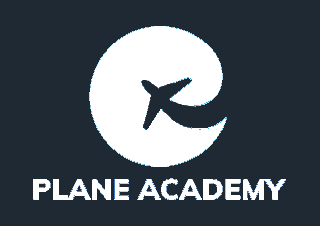Is a College Degree Necessary for a Career in Aviation?
The requirement for a college or university degree to become an airline pilot is not obligatory. Although some individuals starting their training may possess a bachelor’s degree, it is not a prerequisite for commencing professional pilot training. Once an aspiring pilot completes their commercial training and obtains essential certifications like the Commercial Pilot’s License (CPL) or Airline Transport Pilot’s License (ATP), they are fully qualified for commercial flying.
Certain flight schools may have a degree requirement, but this is infrequent within the industry.
Aviation Authorities’ Perspective on Degree Requirements
The Federal Aviation Administration (FAA) in the United States, the Civil Aviation Authority (CAA) in the UK, and the European Union Aviation Safety Agency (EASA) do not mandate a degree for commercial flight. Possession of a Commercial Pilot Certificate or Airline Transport Pilot’s License is the primary requisite, with the latter requiring 1,500 hours of flight time.
Many experienced captains and first officers successfully navigate their careers without holding a degree.
Airline Preferences Regarding Degrees
The presence of a degree is unlikely to sway the favor of regional or major airlines during the hiring process. While certain aviation programs may prefer or necessitate degrees, this is not the norm. Airlines generally prioritize pilot qualifications, especially those with a full Airline Transport Pilot’s License.
Amid the current global pilot shortage, airlines are more concerned with pilot availability than their educational background.
Considering a Degree Before Flight School
While not mandatory, some individuals opt to pursue a degree before pilot training due to financial constraints or limited access to pilot training facilities. Aerospace-related degrees, such as aerospace engineering or aeronautical science, are popular choices.
Choosing this route enables individuals to embark on their aviation journey after completing a degree program, often two or three years in duration.
Personal Perspective on Educational Choices
From a personal standpoint, focusing on employment after school rather than accumulating student loans for a degree could be a viable option. This allows individuals to save money and initiate training at an earlier stage, potentially expediting career progression. Starting early is emphasized for earlier access to the industry’s higher salary brackets.
Simultaneous Pursuit of Aviation Degree and Pilot Training
For those desiring a degree alongside pilot training, various programs worldwide offer integrated studies in aviation and flying licenses. This unique qualification is tailored to complement flight academy training and typically involves online coursework over a four-year period.
The accessibility of student loans during such degree programs can significantly alleviate the financial burden associated with flight training.
Financial Assistance for Pilot Training
While contemplating the need for a degree, it’s essential to explore financing options. Some flight schools in America/Canada and the UK/Europe offer schemes allowing simultaneous financing of training and degree programs. Scholarships are also available to support aspiring pilots financially.
Prerequisites for Pilot Training
To initiate pilot training, a basic understanding of the English language is necessary. Entry requirements may vary, with flight schools typically requiring primary qualifications like GCSEs in Maths, English, and Science in the UK.
Additionally, obtaining a Class 1 Medical Certificate is crucial before commencing flight training, ensuring candidates are free from any underlying health conditions.
Conclusion – Do You Need a Degree to Be a Pilot?
In summary, a degree is not a mandatory prerequisite for a pilot career. The decision to pursue a degree or proceed directly to pilot training depends on individual circumstances, financial considerations, and personal career aspirations. The aviation industry values qualifications, experience, and the ability to meet specific licensing requirements, making the path to becoming a pilot diverse and accommodating.
